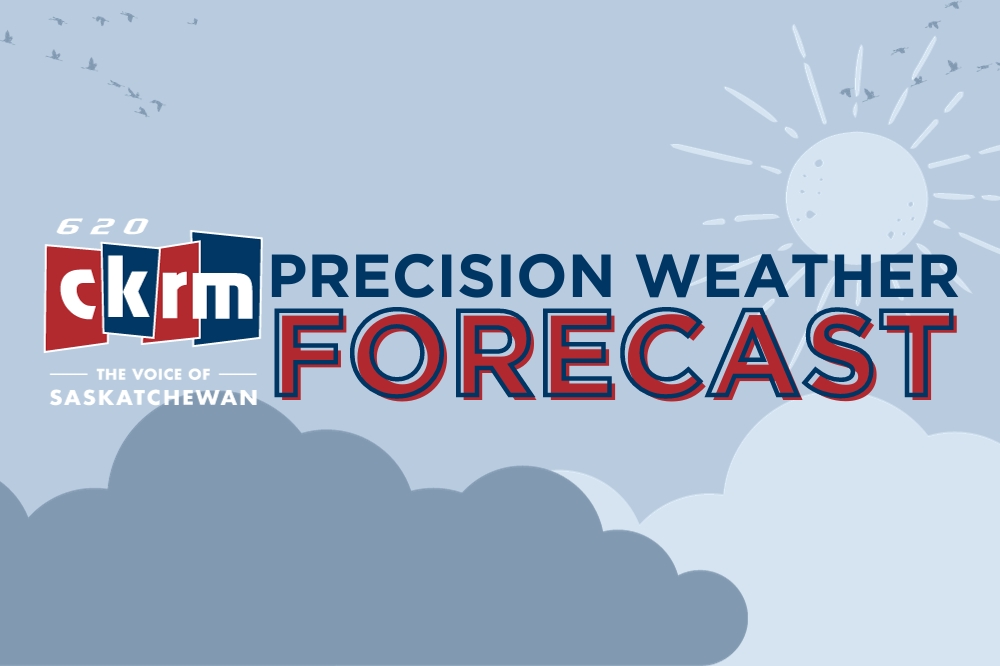Prime Minister Justin Trudeau says Canada has signed a contract to receive up to 168,000 doses of Moderna’s COVID-19 vaccine before the end of December.
The Moderna vaccine has not yet been approved by Health Canada but Trudeau says deliveries could begin within 48 hours of that happening.
The chief medical adviser at Health Canada, Dr. Supriya Sharma, says things “look positive” for the vaccine from the U.S. biotech firm but there are still some outstanding manufacturing documents needed before the decision can be made.
She said the review team spent the weekend poring over those documents, and now all that is left is data on the manufacturing plants. Those documents are expected by week’s end and then she’ll know better when the Moderna decision can be issued.
“It does look promising and it does look positive,” said Sharma.
Ongoing reviews of two more vaccines are less certain, with AstraZeneca’s potentially needing more study before Health Canada is ready to make a decision, and the Johnson & Johnson vaccine candidate’s review still in the very early stages.
Health Canada approved a vaccine from Pfizer-BioNTech Dec. 9, and Trudeau says Canada is set to receive about 200,000 of its total early shipment of COVID-19 vaccine doses from Pfizer next week.
He says there will also be 70 sites across the country ready to administer these doses.
Jo-Anne Miner, a personal support worker at an Ottawa long-term care home, was the first in the city to receive the Pfizer-BioNTech vaccine as the national capital rolls out its inoculation program.
The injection came hours before Ontario reported a single-day record of 2,275 new coronavirus cases and 20 more deaths.
Miner is one of thousands of front-line staff and seniors-home residents slated for vaccination across the country this month as doses continue to touch down amid a surging second wave.
“This is will help create a safe space for me, my colleagues, and the residents,” Miner said in a statement from the Ottawa Hospital’s Civic campus, where 3,000 vaccines from Pfizer are sitting in ultra-cold storage — enough for 1,500 people to get the two doses necessary for maximum protection.
Trudeau and Health Minister Patty Hajdu met with long-term care workers at the hospital Tuesday morning to thank them and witness the city’s inaugural inoculations.
They followed historic needle jabs in Toronto, Montreal and Quebec City on Monday after the first doses of the jab arrived in Canada on Sunday.
“It’s very moving, very emotional. I’ve been emotional for two days,” Hajdu told reporters.
“The light is shining, now we can actually see it,” she said.
“This is a good day,” Trudeau added.
Health care workers in Toronto and long-term care residents in Montreal and Quebec City were the first to receive the Pfizer vaccine Monday morning.
Health workers in Manitoba, Alberta and B.C. are set to follow Wednesday and most other provinces intend to start vaccinating priority groups by the weekend.
In Ontario, 134 of its 626 long-term care homes are experiencing coronavirus outbreaks, with 695 residents infected and one new death reported Tuesday, provincial health officials said.
More than half the 2,275 new cases are in Toronto and neighbouring Peel Region.
Quebec reported 1,741 new cases — nearly one-third of them in Montreal — and 39 more deaths on Tuesday.
The Pfizer-BioNTech vaccine has been approved in several other countries including the United Kingdom, the United States, Bahrain and Saudi Arabia.
The U.S. Food and Drug Administration is to meet Dec. 17 to discuss Moderna’s application. Health Canada has been reviewing Moderna’s vaccine since October, and Sharma said the final clinical data was provided from the company Friday.
It took only five days from the final delivery of manufacturing data for Pfizer’s vaccine to secure Health Canada approval but Sharma said Moderna’s facilities are not familiar to Health Canada. The manufacturing sites Pfizer is using have been reviewed by Health Canada before.
Sharma said that means there is more uncertainty about how long it might take to go over the data, though it’s possible the Moderna timeline could be similar to Pfizer’s.
Health Canada’s review team uses experts in a variety of areas, from toxicology and pharmacology to infectious diseases and manufacturing practices.
AstraZeneca was first to submit an application but its vaccine’s review was affected when the company realized some patients in the clinical trial had not been given full doses of the vaccine.
Sharma said because of that problem, Health Canada is still reviewing data to decide if it will ask the company to complete more studies. She said other international partners are undergoing the same process currently.
Johnson & Johnson only submitted its application two weeks ago for Canadian approval and the teams are conducting preliminary reviews now.
Pfizer and Moderna together are expected to deliver 60 million doses of vaccine to Canada by next fall, enough to vaccinate 30 million people.
Canada has procured doses of three other vaccines but none of their makers have yet applied for approval.
Procurement Minister Anita Anand said Monday she anticipates getting 30,000 Pfizer doses this week and a similar shipment next week. The federal government has said about 249,000 doses will arrive by the end of the month.
Both Pfizer’s and Moderna’s vaccines require two doses — 21 days apart for Pfizer and 28 days apart for Moderna. However Pfizer’s has much stricter cold-chain requirements that are restricting the places it can be delivered at the moment.
Moderna’s vaccine can survive in regular freezers and it will be prioritized for delivery to the territories, remote Indigenous communities and long-term care sites.
Sharma said with the Pfizer vaccine, a recipient’s immune system generates some protection after the first dose, with maximum immunity in place seven days after the second dose.
Enough doses are to start arriving in April for provinces to expand the vaccination program beyond the initial priority groups. Canada expects to be able to vaccinate every Canadian who wants an inoculation by the end of September 2021.
Authorities are still calling on Canadians to keep apart, wear face masks and practise careful hygiene to keep the virus that causes the illness from spreading.
(Canadian Press)








